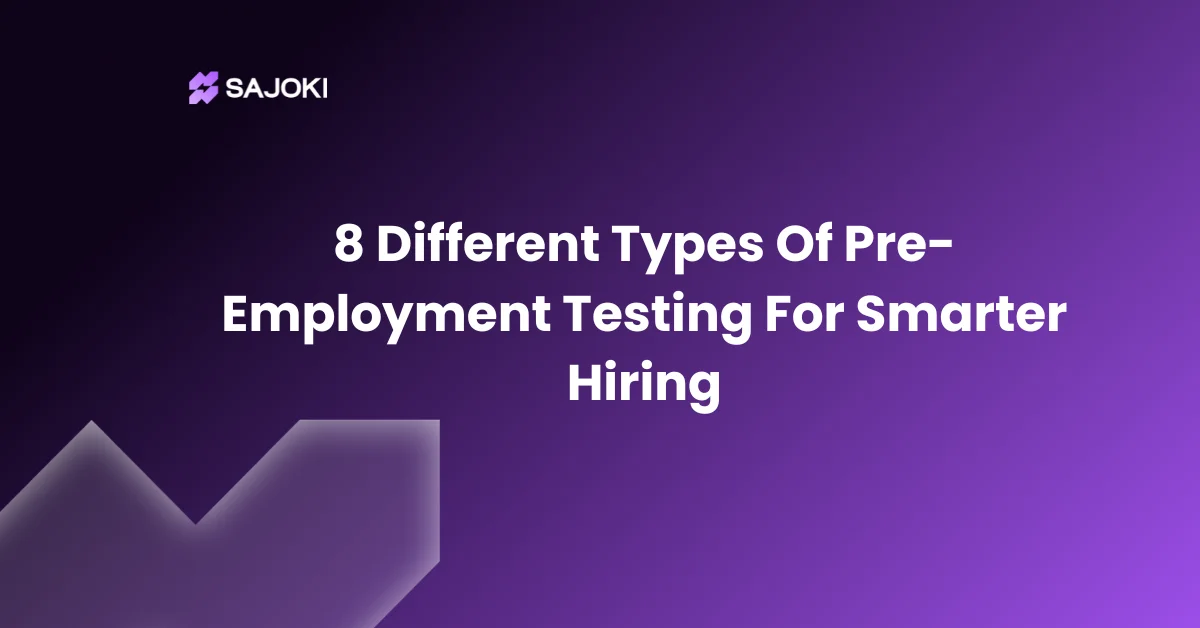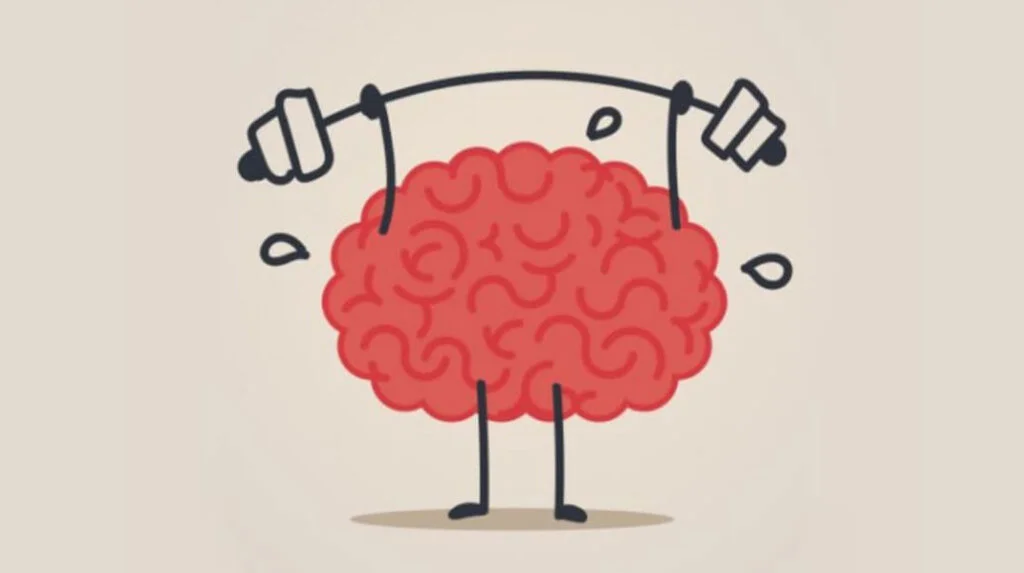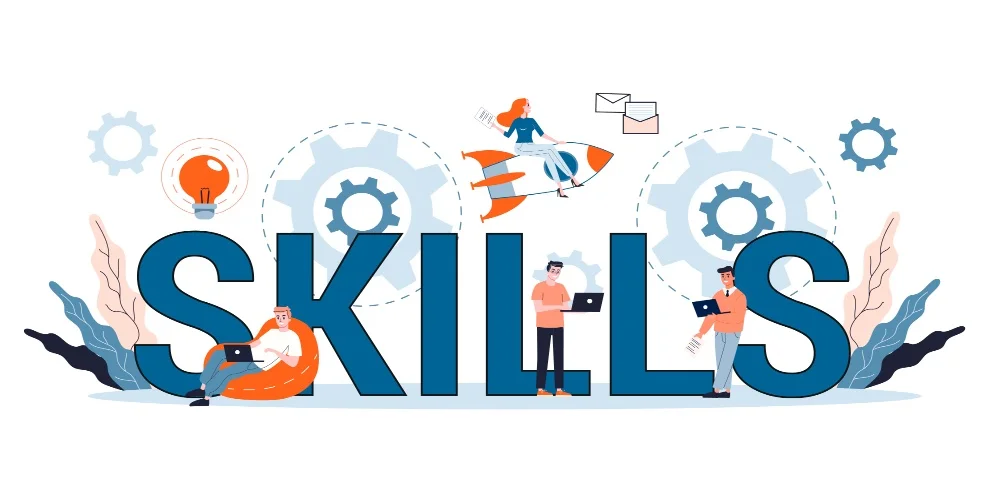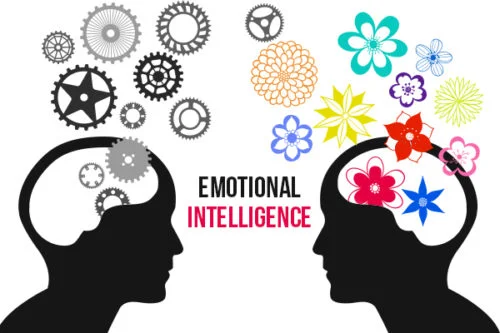Hiring is no longer just about interviews and resumes. For more efficient recruitment, companies must take the extra step to implement modern tools like pre-employment tests. However, the problem arises when they can’t differentiate between the many types of pre-employment testing.
There are a myriad of pre-employment tests to help you find your desired employees. These include Job Knowledge tests, Cognitive Ability tests, Personality tests, Soft Skill Assessment, Integrity Tests, and so much more. They each cater to different criteria a recruiter might need to evaluate.
Throughout this blog, we will elaborate more on 8 different types of pre-employment tests. Additionally, we will talk about their benefits and how you can use them properly to maximize the results. So, let’s get right into it!
What is Pre-Employment Testing And Why Use It?
Before we get into the different types of pre-employment testing, let’s break down what such tests are and why you should use them. Pre-employment testing involves various standardized methods to evaluate a job candidate.
The tests are designed to measure specific objectives such as cognitive abilities, personality types, behavioral techniques, and soft and hard skills. So, employers can get a proper knowledge of who they’re hiring.
Modern workplaces have to be built and expanded with great detail. Traditional interviews and resume screening processes aren’t enough in such cases. Personality tests offer an effective way to filter out unreliable candidates and focus on those who will bring true value to the company.
Here are the different uses of personality tests that companies benefit from.
- Provides data-driven insights for recruitment strategies.
- Identifies strengths and weaknesses in job candidates.
- Predicts job performance more accurately than resumes.
- Improve workforce planning by matching talent to organizational needs.
- Support a diversified workforce.
- Enhances the overall quality of hires.
8 Common Types Of Pre-Employment Testing
Let’s now look at the different types of pre-employment testing. Our list includes several tests, however, you may not need to use them all. Choosing one or a combination of them based on your needs would be just fine. Have a look.
1. Job Knowledge Test
Job knowledge tests check your theoretical or factual understanding of a job. Such tests are specific for each job, evaluating proficiency in key areas relevant to the job.
These tests help employers determine an applicant’s expertise and competencies. It sets up a standard evaluation method for all candidates, ensuring fairness and healthy competition.
2. Cognitive Ability Tests
Cognitive ability tests evaluate the different mental processes one undergoes. It studies the mental abilities through which we perceive and utilize day-to-day information.
Such mental abilities include logical reasoning, problem-solving, verbal ability, numerical ability, and memory.
So, how can Cognitive Ability Tests help you?
By utilizing this type of test, employers can go beyond one’s technical skills. They can assess a job candidate’s performance and adaptability under different conditions.
3. Personality Tests
Personality tests can help look deeper inside an individual. They assess personal preferences, characteristics, and behavioral tendencies. The main purpose is to understand the uniqueness of individuals and what drives them.
Companies have been using popular personality tests like the MBTI and DISC to simplify recruitment.
It allows them to evaluate the applicants based on scientifically validated methods, ensuring hiring accuracy and employee retention. What else, you ask?
Well, what makes these tests even better is their relevance to specific roles and company culture. They show how well an applicant can adjust to specific job roles and the environment of the company.
Existing Relevant Content:
10 Best Pre-Employment Personality Tests
What are personality assessment tools?
4. Skill Assessment Tests
Skill assessment tests measure relevant skills for a job. What separates it from Job Knowledge tests is that Skill Assessments evaluate hands-on abilities needed for a job. Whereas, Job Knowledge tests deal with whether you know what the job requires of you.
Skill Assessment tests can be of two kinds. First, we have hard skill assessments, which are basically the technical abilities needed for a job. This includes skills like programming or machinery operation.
Another type of skill assessment deals with soft skills such as communication, adaptability, and time management. These assessments show skills related to one’s interpersonal qualities and are relevant across several jobs.
We have seen a rapid increase in the use of such soft skill assessments. Companies have been relying on platforms like SAJOKI to improve their recruitment or team-development processes.
Existing Relevant Content:
https://sajoki.com/soft-skill-assessment-tests/
https://sajoki.com/soft-skills-questionnaire-for-employees/
5. Integrity Tests
You might understand by the name that integrity tests measure qualities of honesty and reliability. This pre-employment test helps to determine whether you can trust your applicants.
So, how exactly do these tests serve companies?
Implementing such tests can reduce counterproductive behaviors from employees. They are a good measure to prevent fraud, theft, or breach of contract. This will help predict if hiring a certain employee might do more harm than good.
Such tests are usually implemented in sectors with strong ethical boundaries. So, the healthcare and finance industries involving sensitive data and monetary responsibilities greatly benefit from these tests.
6. Emotional Intelligence Tests
Another common pre-employment test includes Emotional Intelligence Tests. By the name, you can have an idea that these tests are based on a person’s emotional intelligence.
They evaluate one’s ability to comprehend their own emotions in a healthy way. It also deals with how they manage their emotions and reflect them on others.
Some might even say this is a specific kind of soft skill test. That isn’t entirely wrong because emotional intelligence tests provide insights into soft skills like empathy.
Now, what makes these tests a common choice among users?
These tests are very useful in professional settings, especially for customer-facing or teamwork-based roles. It showcases an employee’s responses to work pressure and adaptability to different social situations.
7. Situational Judgement Tests
Situation Judgement Tests (SJT) work with an employee’s response to different workplace scenarios. Candidates are presented with hypothetical scenarios related to job roles and asked to share how they would interact or respond.
This provides employers with a direct reflection of their decision-making abilities. Moreover, it highlights their problem-solving and critical thinking abilities relevant to the job.
8. Physical Ability Test

Lastly, we have pre-employment Physical Ability Tests. They are used for strenuous jobs where you might have to engage in rescue missions or combat. They are also applicable for roles that manage heavy-duty equipment.
The tests measure your stamina, strength, endurance, coordination, and overall physical fitness. This helps to ensure that employees perform the physically demanding tasks without putting themselves or anyone else at risk.
5 Key Benefits Of Using Different Types Of Pre-Employment Testing
Pre-employment tests are a great addition to modern workforces. They not only simplify the hiring process but also contribute to a company’s long-term growth and success.
Here’s how companies benefit from pre-employment tests.
1. Efficient And Unbiased Hiring
The main goal of a pre-employment test is to increase recruitment efficiency. Using the tests we discussed previously helps to find high-performing, diligent candidates. They provide HRs with the necessary insights into the applicant, assisting with the decision-making process.
More importantly, the tests provide straightforward results that are more efficient than relying solely on resumes or gut feeling. Thus, helping avoid any unconscious bias.
2. Increased Employee Retention
Pre-employment tests can align a candidate’s personality traits, skills, preferences, and working style with specific job roles. This match-making between candidates and specific roles is the key reason behind job satisfaction.
Needless to say, employees who are satisfied with their jobs are likely to be consistent. They will stick around for a long time, increasing employee retention rates and lowering hiring costs.
3. Increased Productivity
Ensuring a better job fit always leads to increased productivity. By aligning candidates with suitable roles, pre-employment tests allow them to perform in a place where they can thrive.
Such employees are typically more engaged and productive. They display wonderful results, which also impact the overall team output.
4. Legal Defensibility
Using well-established, validated pre-employment tests can serve as a mode of legal defense. If, ever, someone questions the objectivity or fairness of your hiring process, the tests can be used as legal evidence.
It will show the objective and job-related criteria on which your recruitment decisions were based. Thus, ensuring a more compliant and risk-free hiring process.
5. Competitive Edge
Altogether, by utilizing several types of pre-employment testing, companies can climb up the success ladder in no time. These tests help hire the right employees who can contribute to the company’s long-term growth. Thus, giving them a competitive advantage from the beginning.
4 Best Practices For Using Pre-Employment Tests
Pre-employment tests are known to provide impressive results, but only if you use them correctly. Here are some common practices you could follow to get the best out of these tests.
-
Select The Appropriate Type Of Pre-Employment Tests.
Always be careful when selecting the type of pre-employment tests. If you fail to align the tests with specific job roles and their requirements, it could lead to irrelevant results or a poor candidate experience.
Thus, try and tackle each recruitment criterion with a specific type of test. For example, use skill assessments when hiring for technical roles, personality tests for culture fit, or cognitive tests for roles requiring problem-solving.
-
Combine Tests With Interviews And Other Hiring Methods
Pre-employment tests aren’t the only tool to be used during recruitment. You can pair them with interviews and reference checks. Also, if needed, opt for more than one type of pre-employment testing.
A well-rounded hiring process with blended results will lead you to the right candidates.
-
Ensure Fairness And Accuracy
Always maintain the quality of the tests you’re implementing. Try to avoid unpopular or poorly designed tests. Another factor you must be careful of is that the tests should never display any form of bias toward certain answers.
Go for validated, non-discriminatory, and scientifically reliable tests. Additionally, don’t forget to check their compliance and update regulations.
-
Maintain Transparency With Job Candidates
You should always keep your candidates informed about the recruitment procedure, whether you’re using a test or not. Let them know about the kind of test, how long it will take, and how their answers will be used. Also, try to guide them through the initial steps, if needed.
This will build trust between both sides, creating a positive experience for the applicants.
The Future Of Pre-Employment Testing
As workforces continue to grow and become more tech-driven, the world is likely to experience a rise in pre-employment tests. So, what does the future hold for these tests?
Pre-employment tests will inherently become stronger and more reliable. They will be centred around predictive hiring and creating a positive candidate experience.
The use of AI to design these tests will also become more prominent. AI-powered assessments are already taking over, and in the future, their impact will be more personalized and faster. Consequently, this will also significantly reduce bias and improve accuracy.
Moreover, these tests will have a higher engagement due to the adaptation of gamified elements. Gamification helps candidates be more comfortable, creating a more authentic evaluation of cognitive and behavioral traits.
Lastly, we might notice a significant development in integration with talent analytics and ATS. This will make it easier to integrate with existing systems. Thus, creating a more advanced and seamless experience with a holistic approach.
FAQ
Q. What is the most popular pre-employment test?
The most common type of pre-employment test is personality tests, such as SAJOKI. Cognitive tests like numerical or logical reasoning tests, are also very common. Companies worldwide use these tests to evaluate their prospective hire.
Q. What are the cons of a pre-employment test?
Some pre-employment tests can provide biased or discriminatory results if you don’t use the well-validated ones. Moreover, candidates can sometimes enter wrong information to skew the results.
Q. Can a candidate prepare for pre-employment tests?
Typically, there is no specific method of reparation for such tests. Assessments like personality or cognitive ability tests will just evaluate your natural abilities or qualities. However, you can definitely train for physical abilities.
Conclusion
As workforces develop, they must rely on tools like pre-employment tests to find the right candidates for themselves. While there are an endless types of pre-employment testing, companies must be careful about the one they’re opting for.
The options for pre-employment tests include personality tests, cognitive ability tests, job knowledge tests, situational judgement tests, and so much more. Whichever you choose, you must ensure their validity and pair them with structured interviews to get the best outcomes.









